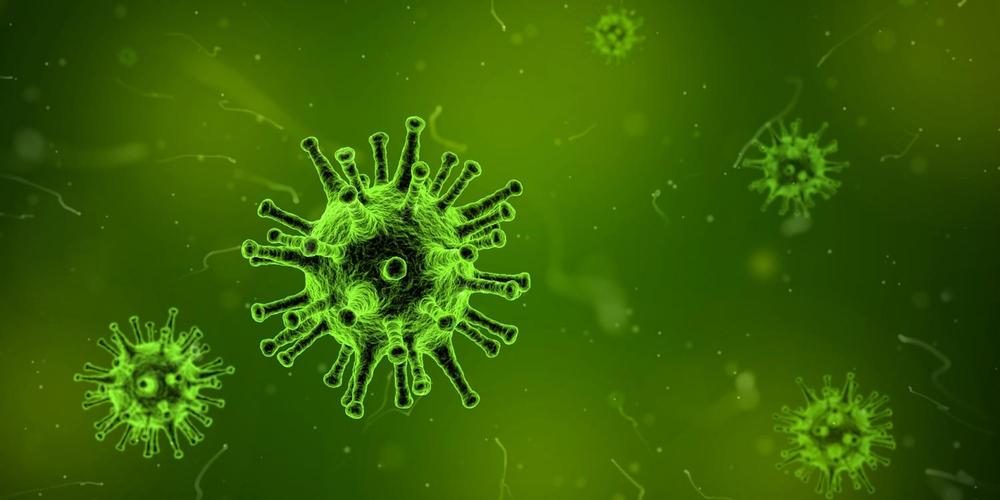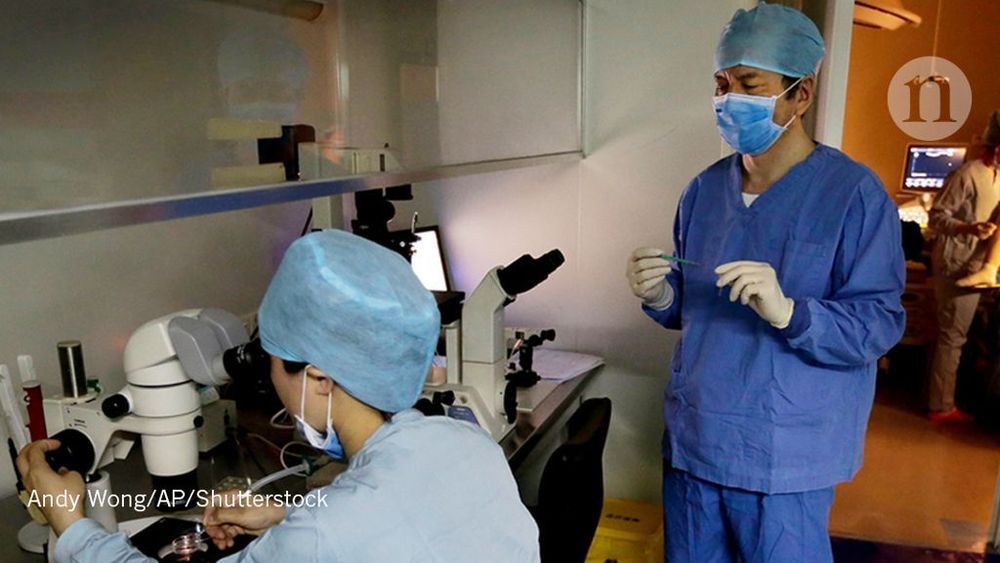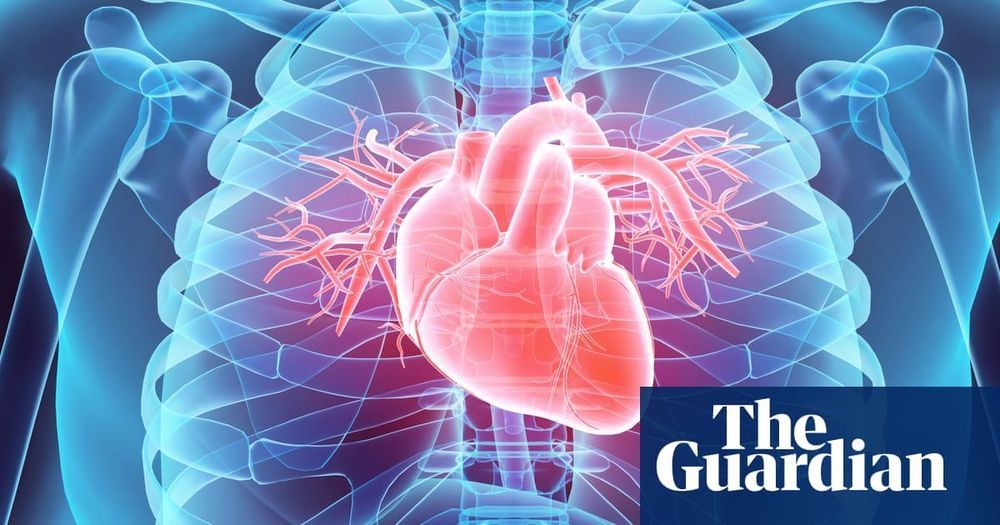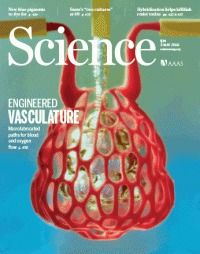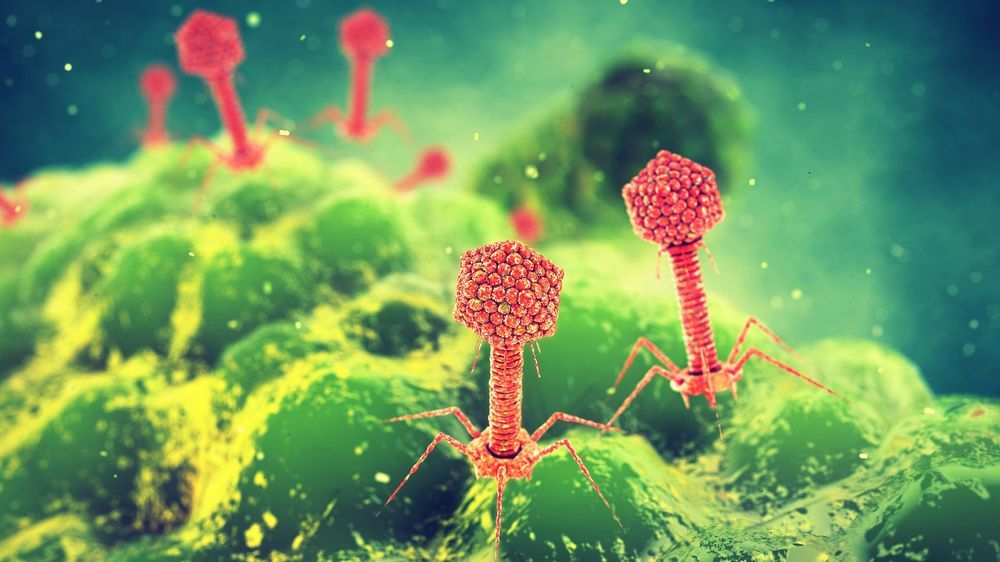Archive for the ‘genetics’ category: Page 383
May 14, 2019
Humans Genetically Engineered To Be Super Intelligent Could Have An IQ Of 1000
Posted by Quinn Sena in category: genetics
May 13, 2019
CRISPR might soon create spicy tomatoes
Posted by Quinn Sena in categories: biotech/medical, genetics
Looking for perfect heat and lots of it? Gene engineers in Brazil think they might be able to create eye-watering tomatoes.
Hot stuff: Even though chili peppers and tomato plants diverged from a common ancestor millions of years ago, tomatoes still possess the genetic pathway needed to make capsaicinoids, the molecules that make chilis hot.
Now, Agustin Zsögön from the Federal University of Viçosa in Brazil writes in the journal Trends in Plant Science that gene-editing tools like CRISPR could turn it back on.
Continue reading “CRISPR might soon create spicy tomatoes” »
May 13, 2019
Study uncovers key mechanism that allows some of the world’s deadliest viruses to replicate
Posted by Quinn Sena in categories: biotech/medical, genetics
Viruses are masterful invaders. They cannibalize host cells by injecting their genetic material, often making thousands of copies of themselves in a single cell to ensure their replication and survival.
Some RNA viruses insert their genetic material as a single piece, while others chop it up into pieces. The latter are aptly named segmented viruses.
Such segmented RNA viruses—including several that cause human diseases like influenza—have been a longstanding enigma to researchers: How do they accomplish the precise copying and insertion of each segment? How do they ensure that individual segments are all copied by the same enzyme while ensuring that each segment can make different amounts of RNA? Such exquisite regulation is critical to make the correct levels of the viral proteins necessary for successful replication.
May 11, 2019
Genetic adaptations to diving discovered in humans for the first time
Posted by Quinn Sena in categories: biotech/medical, genetics
Evidence that humans can genetically adapt to diving has been identified for the first time in a new study. The evidence suggests that the Bajau, a people group indigenous to parts of Indonesia, have genetically enlarged spleens which enable them to free dive to depths of up to 70m.
It has previously been hypothesised that the spleen plays an important role in enabling humans to free dive for prolonged periods but the relationship between spleen size and dive capacity has never before been examined in humans at the genetic level.
The findings, which are being published in the research journal Cell, could also have medical implications in relation to the condition known as Acute Hypoxia, which can cause complications in emergency medical care.
Continue reading “Genetic adaptations to diving discovered in humans for the first time” »
May 11, 2019
Reboot ethics governance in China
Posted by Derick Lee in categories: ethics, genetics, governance, government, health
In the months since, China’s scientists and regulators have been going through a period of soul-searching. We, our colleagues and our government agencies, such as the Ministry of Science and Technology and the National Health Commission, have reflected on what the incident says about the culture and regulation of research in China. We’ve also thought about what long-term strategies need to be put in place to strengthen the nation’s governance of science and ethics.
The shocking announcement of genetically modified babies creates an opportunity to overhaul the nation’s science, argue Ruipeng Lei and colleagues.
May 10, 2019
One-off injection may drastically reduce heart attack risk
Posted by Genevieve Klien in categories: biotech/medical, genetics
Doctors in the US have announced plans for a radical gene therapy that aims to drastically reduce the risk of heart attack, the world’s leading cause of death, with a one-off injection.
The researchers hope to trial the therapy within the next three years in people with a rare genetic disorder that makes them prone to heart attacks in their 30s and 40s. If the treatment proves safe and effective in the patients, doctors will seek approval to offer the jab to a wider population.
“The therapy will be relevant, we think, to any adult at risk of a heart attack,” said Sekar Kathiresan, a cardiologist and geneticist at Harvard Medical School who will lead the effort. “We want this not only for people who have heart attacks at a young age because of a genetic disorder, but for garden variety heart attacks as well.”
Continue reading “One-off injection may drastically reduce heart attack risk” »
May 9, 2019
AI and the Genetic Revolution
Posted by Genevieve Klien in categories: biotech/medical, genetics, robotics/AI
Michigan State University senior vice president Stephen Hsu, a theoretical physicist and the founder of Genomic Prediction, demonstrates how the machine learning revolution, combined with the dramatic fall in the cost of human genome sequencing, is driving a transformation in our relationship with our genes. Stephen and Azeem Azhar explore how the technology works, what predictions can and cannot yet be made (and why), and the ethical challenges created by this technology.
In this podcast, Azeem and Stephen also discuss:
May 8, 2019
Immortality Gene Discovered
Posted by Quinn Sena in categories: biotech/medical, genetics, life extension
Circa 1998
CELL BIOLOGY
F or cells, aging and cancer are often opposite sides of a genetic coin: With “heads,” cells will eventually stop dividing, reaching a permanently quiescent stage called senescence, as do normal human cells in lab cultures. With “tails,” the cells with genetic defects can become immortal and never stop dividing—a common characteristic of cultured cancer cells. Now, a group at Baylor College of Medicine in Houston has found a gene that may help determine which side the coin lands on.
![Figure][1]/img.
May 8, 2019
To Save a Girl’s Life, Researchers Injected Her With Genetically Engineered Viruses
Posted by Quinn Sena in categories: bioengineering, biotech/medical, genetics
So-called phage therapy isn’t yet mainstream, but in some cases it might be the only option for antibiotic-resistant bacterial infections.



